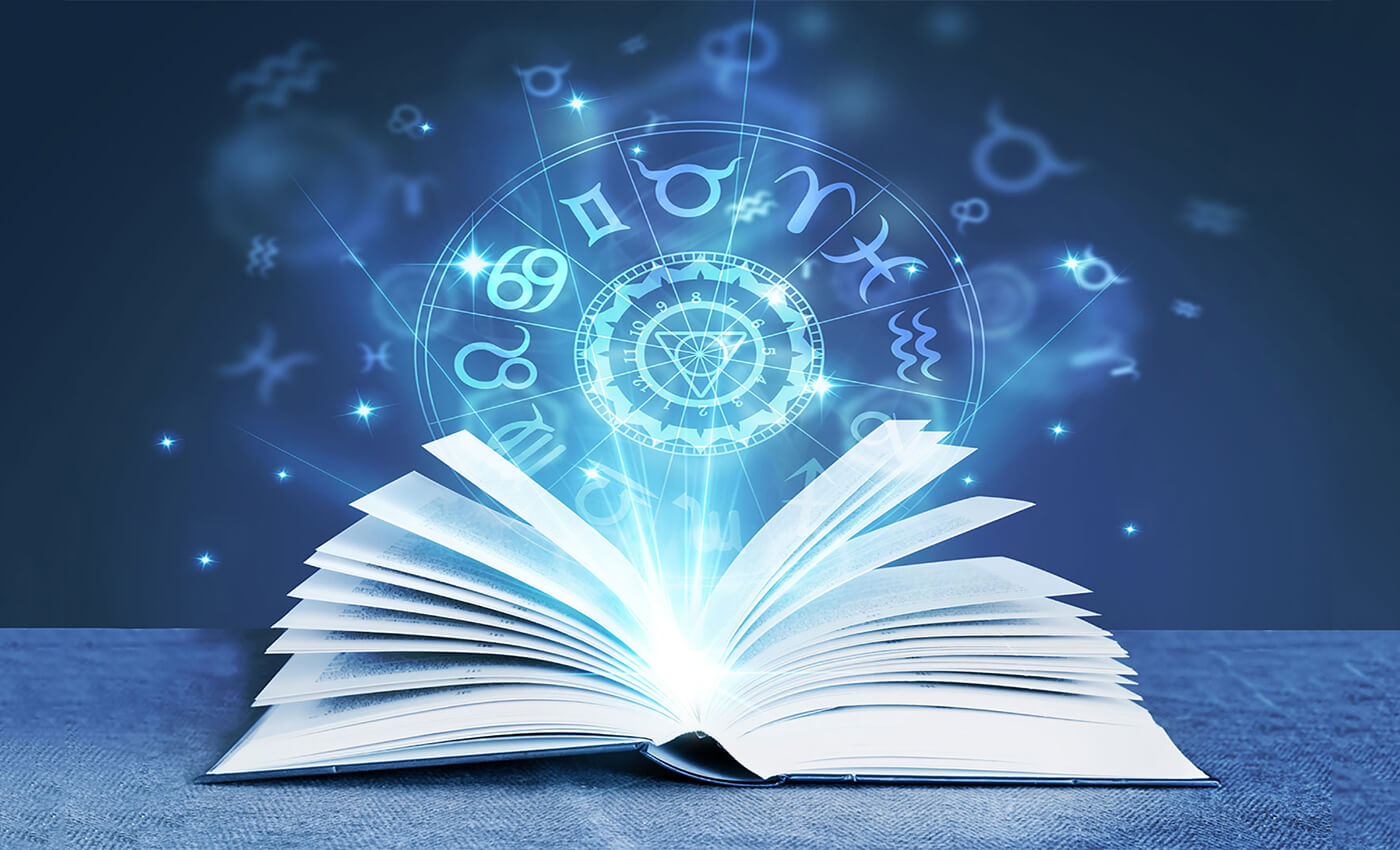Dreams have held an incredible amount of cultural significance since the beginning of time. For some cultures, dreams may serve as a kind of portal into the spiritual world. For other cultures, it serves as helpful predictions and knowledge that can be used in the future. Similarly, lucid dreaming is not precisely an unfamiliar phenomenon. Studies show that Aristotle, a Greek philosopher, was the first to share his lucid dreaming experiences. At the same time, Tibetan traditions have also practiced lucid dreaming as a form of meditation for over 12,000 years. Though the phenomenon that is lucid dreaming has existed for a long time now, scientists have only recently tried to study lucid dreaming formally. Objective scientific methods have been utilized in studying this experience. Though not much research has been done surrounding lucid dreaming, the few that exist can prove that there is something scientific about the whole process. Almost everyone knows about the existence of lucid dreaming, and yet not a lot know what it is all about.
Lucid dreaming is not exactly a common experience for most people. There are around 23% of individuals who claim that they have only one lucid dream per month. Though at least half of all people would be more likely to have one lucid dream during their entire lifetime, frequent lucid dreaming is only experienced by a handful of people. Despite these rare occurrences, more people aim to practice lucid dreaming to gain the benefits that it comes with.
Lucid dreaming is described as maintaining or acquiring consciousness in one's sleep or dreams. When you dream, you might experience a realization that you are, in fact, dreaming, and what you're seeing or experiencing at the moment is only a figment of your imagination and consciousness. This is somehow related to rapid eye movement or REM sleep and the usage of an electrooculogram or EOG. Together, these can help identify a pre-established set of eye movements that indicates how a person has awareness during sleep.
Moreover, despite the term lucid meaning vivid or clear, lucid dreaming isn't just about experiencing a vivid dream. Most people aspire to master control during a dream. Doing things in a realm outside of reality can be a goal people aspire to achieve as more people have realized the several benefits of lucid dreaming. One of the best ways to participate in the act of lucid dreaming is to pay attention to details. Seeing things that seem out of the ordinary can be an indicator that you're dreaming.
How exactly do we know that a particular dream is, in fact, lucid? For non-lucid dreamers, they are not precisely conscious of the fact that they are in a dream. For the most part, things that happen in these dreams would feel like they are happening. However, once the dreamer wakes up, they will realize that none of it happened. On the other hand, when it comes to lucid dreams, dreamers experience a moment of recognition where they know that the dream that they are experiencing is not real. There is a newfound awareness that
As people can be aware of their dreams and control them, studies have taken the opportunity to study what goes on in the brain and the conscious awareness that takes place during this activity. Studies have suggested that observing lucid dreams may contribute knowledge into a neuroscientific explanation of consciousness.
This bizarre state unlocks hints about a person's consciousness. According to a survey, participants who participate in the act of lucid dreaming have greater control over their actions and thoughts in a dream. Additionally, the participants had more excellent abilities in logical thinking and remembering memories while they were awake.
All in all, lucid dreaming possesses multiple benefits. People who can lucid dream have been observed to have more outstanding biological brain capabilities during sleep in terms of consciousness. There is an increased activity found in the brain's frontal areas. This is connected to increased gamma wave activity and higher-order cognitive functions that the brain takes in and turns into memories. There are still numerous aspects of the human consciousness and the extensive and complex functions of the brain that need to
Unlock deeper guidance with tailored horoscopes and mystical card insights—crafted just for your unique journey

The Divine Dictionary: Your Go To Guide for Astrology Terms
With people blaming their bad hair days and clumsy attitude on the Mercury retrograde, you realize that astrology is not only about your zodiac sign.Astrology is an ancient concept, and with the matur...
Read More...

One With The Earth: What Your Element Says About You
The realm of astrology is a diverse body of divine knowledge that takes a lot of effort to know about. However, the common subject of interest amongst that masses is that of the astrology sun signs.Le...
Read More...

Whimsical Women: How Astrology Has Empowered Women
Upon deeper understanding of the realm of astrology, you realize how celestial bodies fall into their positions and how they can influence and alter the daily happenings that go on in our lives.In a w...
Read More...
Personalized Daily Horoscope Reading. Tarot and many more